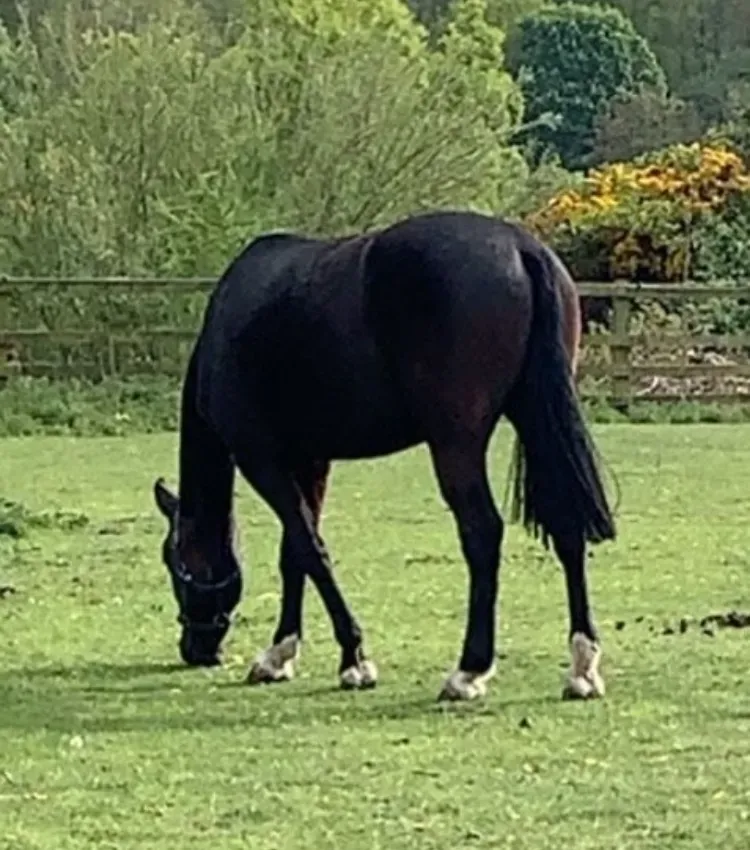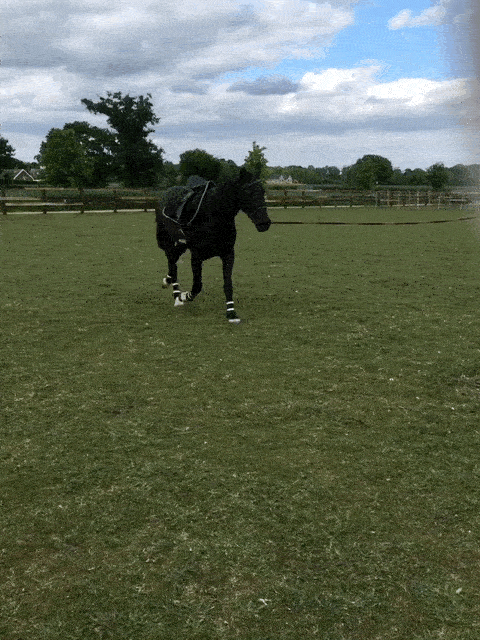
There are frequent Soundness issues with Modern Warmblood Horses
Many riders and trainers experience soundness issues with warmblood horses. This article looks at two underlying causes of our snowflake horse epidemic.
Two reasons our Horses are not Staying Sound
1. Breeding from Unsound or Inferior Mares
If a mare has no toughness and despite good conformation, with correct management, is retired well before its teenage years do we breed a foal?
The answer is frequently yes, but this just passes on the mares genes.
If a mare has inferior conformation, do we put her to a well-made stallion to breed a foal?
Again the answer is often yes and this can produce poor quality foals.
We should Breed from Proven Mares
Your tough and sound mare who performs well in your chosen equine activity is potentially a good broodmare.
Words of wisdom
"Breed from the best to the best and hope for the best."
- Author Unknown
2. Training Methods affect Soundness
You have bred a good foal out of a sound mare, and by a well-put-together sound stallion. However, this is only the start of things. Look at this checklist to see how your young horse is progressing.
Your youngster must be given time to be a Horse
As a youngster, time socialising in the field with other horses is mentally important. It also develops strong tendons and ligaments, not to mention greater bone density. Robust horses must first become robust youngsters rather than stable closet horses.

This 3-year-old has spent much of her young life socialising with other horses. She has grown up naturally.
Young Horses must not be Backed at a Tender Age
There is a trend to break horses in their second year before significant growth plates have fused. This is too young and somewhere in the horse’s third year is a better time.

A 3-year-old being made ready for backing. The whole process took two weeks. After this point, the horse was turned away to mature.

Tacked and ready to go down for her first ride in a confined schooling area.
Backing should be a short Process
The youngster should be made ready for backing and learn to accept a rider and move forward. He should then be turned away until he is 4 years old. At this age he will be more mentally and physically ready to be ridden.
A 4-year-old Horse should not be expected to work in a Perfectly Correct Outline
At this age, the young horse needs to be moving away from your leg and to be quietly hacked, preferably with a companion horse. They must learn to enjoy being ridden.
At 5 years Horses are ready to learn their trade
The young horse will not be physically and mentally mature and must learn in small steps. This does not mean continual schooling in confined spaces, and there must be time for quiet hacking and processing what has been learned. Remember, the average horse is not mature until 7 years of age.
Some Important Considerations:
- The jumping horse who has reached the level he is expected to achieve should be spared, and not expected to daily practice jumping, so between competing mainly hacking out would be best.
- Generally, dressage horses are better if they have a few days a week where they just hack out.
- Exclusively exercising on soft artificial surfaces causing too much flection below the fetlock.
- Continual hard-going jars joints and leads to foot concussion problems.
- Remember, horses are designed to mainly move in straight lines and continual circling is not good for their joints.
Bad trends in England
It is fashionable for horses to be ridden exclusively on very soft artificial surfaces in very confined spaces where they are continually circling, bending, and jumping Schooling is not the be-all and end-all, but the process of making a horse supple and obedient. It should not be overdone as we do not want soundness issues.

Article Suggestion
Soundness and Wellbeing Benefits of Hacking out Your Horse
